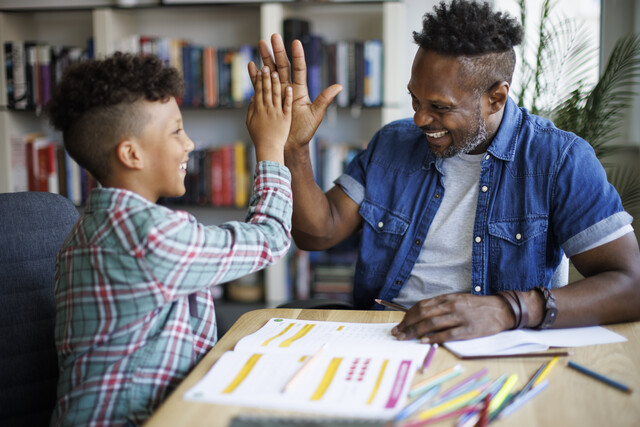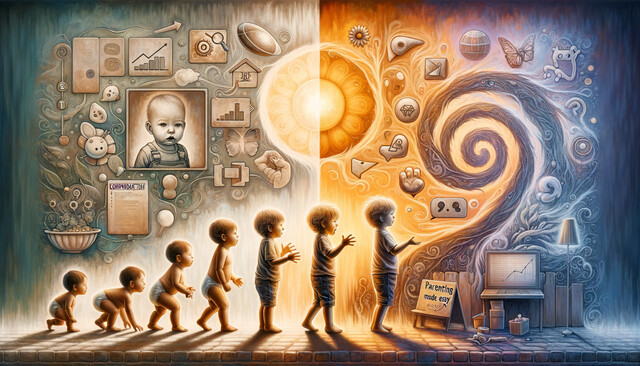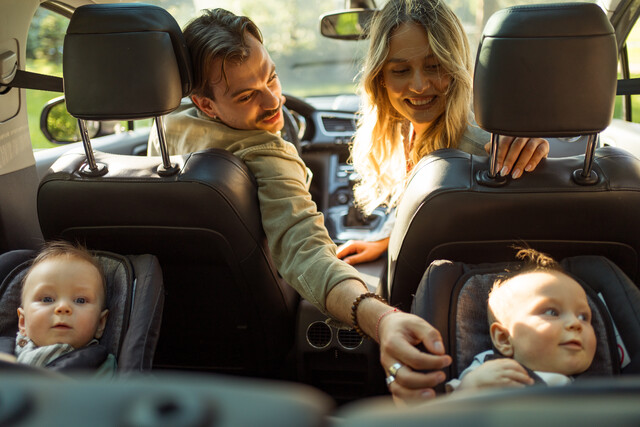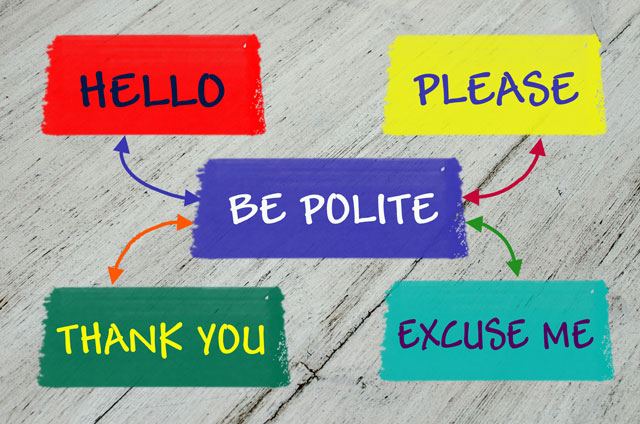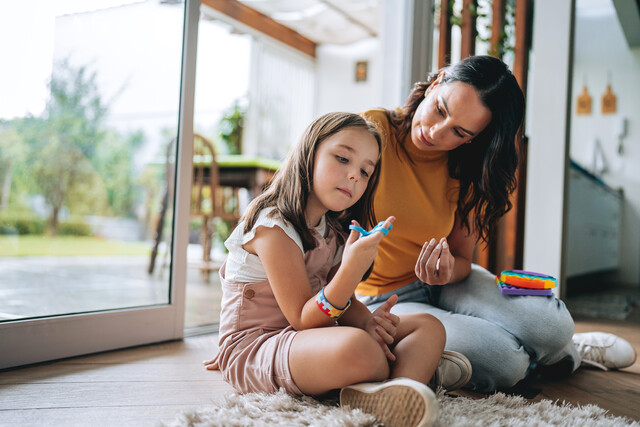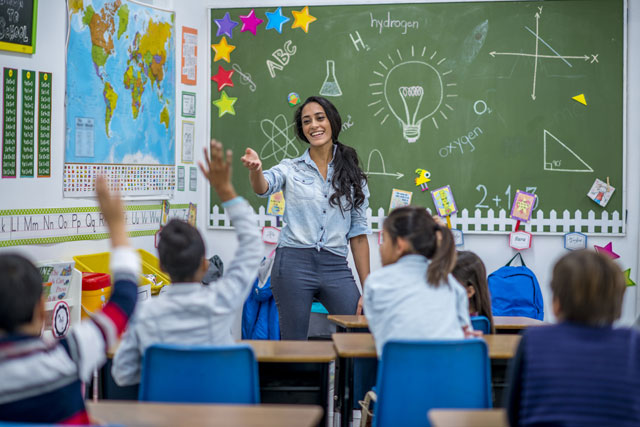Supporting Your Child's Socialization
"The only way to have a friend is to be one." ~ Ralph Waldo Emerson
Children stand to gain a lot when they are socialized. It is a normal and necessary part of growing up. Those children who are not given the opportunity, or encouraged to socialize, may end up being withdrawn and have problems getting along with others. Our children learn through the socialization process, making it an important part of childhood.
Socialization begins right after birth, with the younger years being the most crucial of the socialization process. Through socializing, children are exposed to our culture, language, manners, and learn about our society. Socialization helps to make up our personality. When people are successfully socialized, they are more likely to fit into society better and get along with others more easily.
There are basically two types of socialization within our society. There is formal socialization, which is done through our education system, where what children are exposed to and learn is all structured and controlled. Then there is informal socialization, which takes place anywhere and involves children role-playing and spending time around others. Socialization preferences are another issue that may differ by culture, as well as country.
Promoting Social Development
It is during these first few years of life that parents will want to introduce their child to new places, people and activities. It is also through socialization that children will begin learning about things like empathy, and will experience a range of emotions. They will learn trust, how to be generous, and the best way to nurture a relationship.
To determine if your child is developing healthy social skills, ask yourself a few of these questions:
-
Is your child compassionate toward other children?
-
Does your child get along well with other kids?
-
Is your child interested in playing with other children?
-
How well does your child get along in a group?
To encourage social development with your children, try to get them involved with other people, and in new situations from time to time. It does not need to be a daily thing, but periodic events and encounters will help to get them to feel more comfortable with the process. Other things you can do include:
-
Modeling good social skills
-
Encouraging your child to play with other children
-
Including your child in social gatherings
-
Involve them in smaller group activities, such as taking them to the library story time, or weekly playgroup
-
Try role-playing with your children, or explaining to them how they can start playing with others, or make friends
Children need the opportunity to play with other children and to be around adults in a social manner. When they are socializing, only intervene when absolutely necessary, and give positive feedback, so they feel more confident the next time. If things did not go well, talk about what they could do to help it to go better the next time.
Social Milestones
For the younger children, there are some social milestones that are used to kind of gauge where the child is. These include:
Birth to 8 months � They begin socialization by first recognizing voices. They are also comforted by things like a smile, and may smile back. They also use different types of crying to indicate what is causing them discomfort.
8 to 36 months � During this time children, experience anxiety when they are away from their parent or caregiver. They will also show signs of being frustrated, and they will approach other children to play, although they may play alongside them, rather than directly with them.
Preschoolers � Social interaction is important during this time. Children begin forming friendships and engaging in unorganized play with others. They will also have many disputes while playing. This is an important time to teach children about rules, and getting along with others.
Once children start school, they begin to choose their own friends, play cooperatively with others, and engage in more fair play. All of these stages are important steps in the quest for healthy social emotional development. Giving your child the opportunity to engage in socialization is easier than you may think. All you need to do is take them to a weekly class, a library story time, and/or playgroup in your area.
Homeschooling and Socialization
If you are not a one of the millions of people who homeschool their children each year, you probably, like most people, believe that homeschooled children are not properly socialized. Many people believe that because homeschooled children do not attend a formal school setting, that they are missing out on the ability to socialize with their peers and gain the benefits from such relationships.
However, the idea that homeschooled children are not being socialized, is nothing more than a myth. Homeschooled children are socialized without any problems. The vast majority of homeschooling families engage in extracurricular activities outside of the home, which may include things like classes, sports, community functions and church. This gives them ample opportunity to build healthy friendships and to socialize.
Many people even argue that homeschooled children are actually better-socialized than children who go to formal schools. This is because homeschooled children spend their time around people of all ages, learning to socialize with peers, as well as adults, while kids who go to school spend their days largely socializing with kids their age, leaving them unsure how to socialize with others. Plus, homeschooled children avoid all the school popularity issues or getting into trouble for socializing at the wrong times, both of which may have a detrimental impact on their development.


